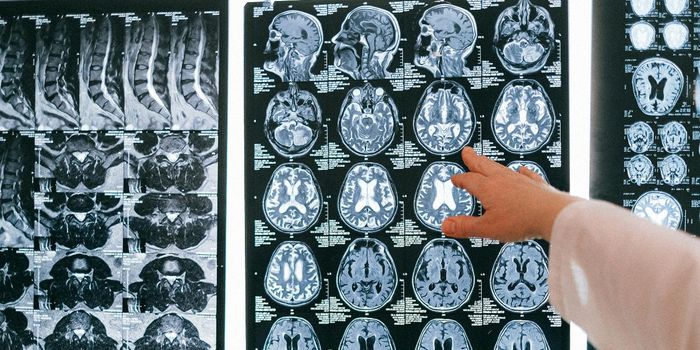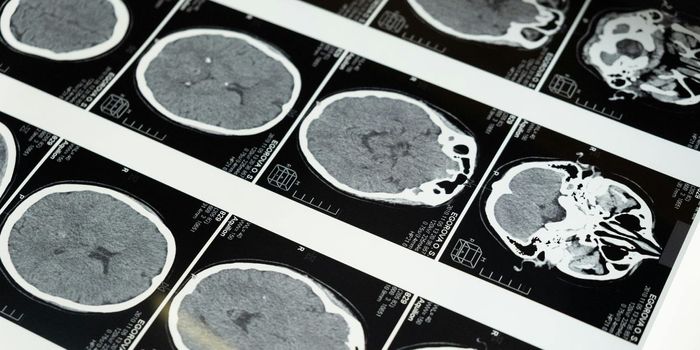Maternal Hypertension and Childhood Seizure Risk
A study published in the Journal of Clinical Investigation seeks to understand the relationship between maternal hypertensive disorders of pregnancy (HDP) and the risk of seizures and epilepsy in offspring, leveraging a multi-cohort design that integrates human electronic health records (EHR) across different populations and animal models to elucidate mechanistic pathways.
The initial case-control analysis utilized the IGHK, a dataset from the University of Iowa Health Care system encompassing 78,726 pregnancies. Neonatal seizures were identified through a composite of ICD-10 codes, while HDP was defined by a cluster of hypertensive diagnoses. To validate findings externally, researchers turned to the Stanford STARR-OMOP dataset, encompassing EHR data from 1993 to 2024 across both adult and pediatric hospitals. Maternal hypertension was defined across a spectrum of ICD-10 diagnoses, including gestational and chronic hypertension. Childhood seizures were captured using codes indicating epilepsy, convulsions, and other seizure-like conditions, recorded prior to age 18.
Key covariates included maternal age, diabetes, obesity, and child ancestry. Using Python and R, multivariable logistic regression models adjusted for these confounders demonstrated a significant increase in odds of seizure disorders among children born to hypertensive mothers.
To explore biological underpinnings, the study employed mouse models where hypertension was induced in pregnant dams using angiotensin II (ANG II) or phenylephrine (PE). Offspring were monitored for brain inflammation, seizure susceptibility, and gene expression in the hippocampus. Seizure susceptibility was tested via pilocarpine-induced chemical seizures and electrical stimulation (ES). Treatments with anti-inflammatory agents like pentoxifylline (PTX), diazepam, and microglial inhibitor PLX5622 helped assess the role of inflammation. Racine scale assessments, survival analyses, and gene expression via qRT-PCR (for markers like TNF and CD11b) pointed to heightened neuroinflammation in offspring of hypertensive dams.
Seizure severity and reduced survival in offspring of ANG II and PE-treated dams confirmed that maternal hypertension can biologically predispose offspring to seizures, potentially through hippocampal inflammation. Microglial depletion and anti-inflammatory interventions partially reversed this susceptibility.
This integrated study presents robust evidence linking maternal hypertension to increased seizure risk in children through three complementary human cohorts and mechanistic animal models. Importantly, the animal data provide compelling evidence that neuroinflammatory processes may mediate this association, raising the possibility that targeted interventions during pregnancy could mitigate long-term neurologic risks in offspring.
Sources: Journal of Clinical Investigation








